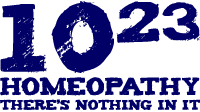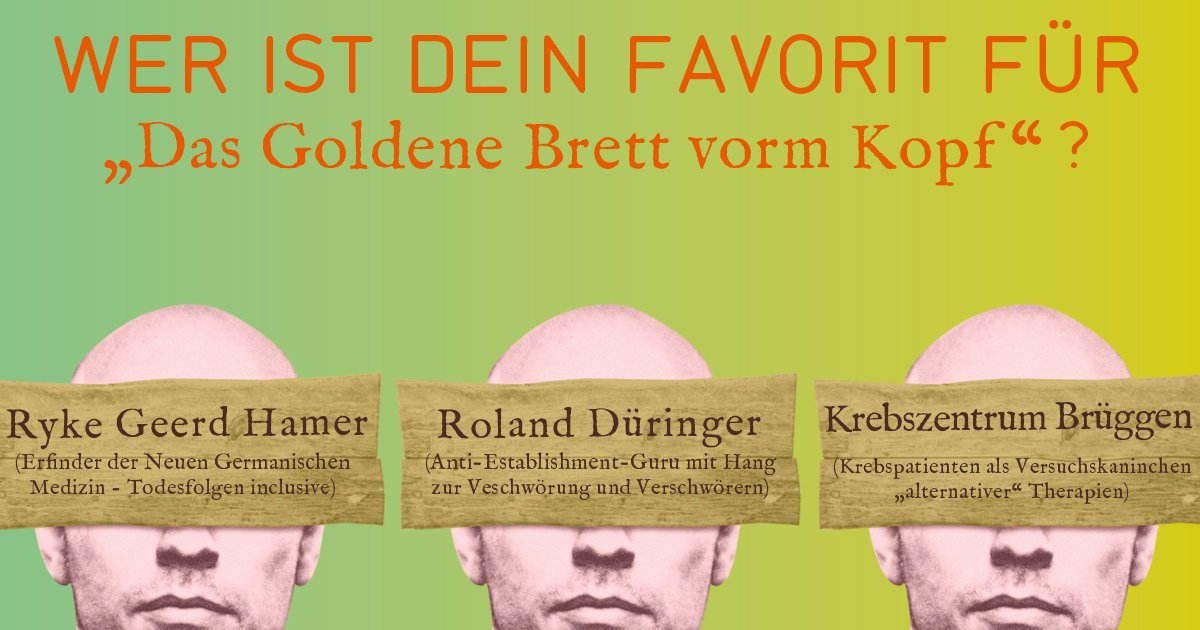In 2020, a clinical trial of homeopathic adjunctive treatment for patients with advanced lung cancer was published in the prestigious medical journal The Oncologist. It seemed to reveal sensational results: Patients treated with homeopathy lived about 70% longer than placebo-treated patients, and also gained significantly in quality of life.
Now, an in-depth analysis by an independent German-Austrian working group has revealed numerous indications that the data could have been manipulated and falsified. Problems include:
- The study protocol was only drawn up after the trial results were known, a fact that was altered in the published study
- Exclusion criteria for patients were only defined after the data were available, i.e. a sign of possible “cherry picking” the desired results
- The observation period for quality of life was reduced from two years to 18 weeks only after the data were available
The conclusion of the review of the study reads:
Several of the results can only be explained by data manipulation or falsification. The publication is not a fair representation of the study.
The full press release in English from Information Network Homeopathy can be downloaded here.

 Skeptics in several European cities have taken homeopathic overdoses today to show there’s nothing in it. Despite the lack of any active ingredients, manufacturers and homeopaths
Skeptics in several European cities have taken homeopathic overdoses today to show there’s nothing in it. Despite the lack of any active ingredients, manufacturers and homeopaths  The events are the latest edition of the
The events are the latest edition of the 

 In the end, even small children, participating in the even with their parents, were allowed to drink the homeopathic rum.
In the end, even small children, participating in the even with their parents, were allowed to drink the homeopathic rum.